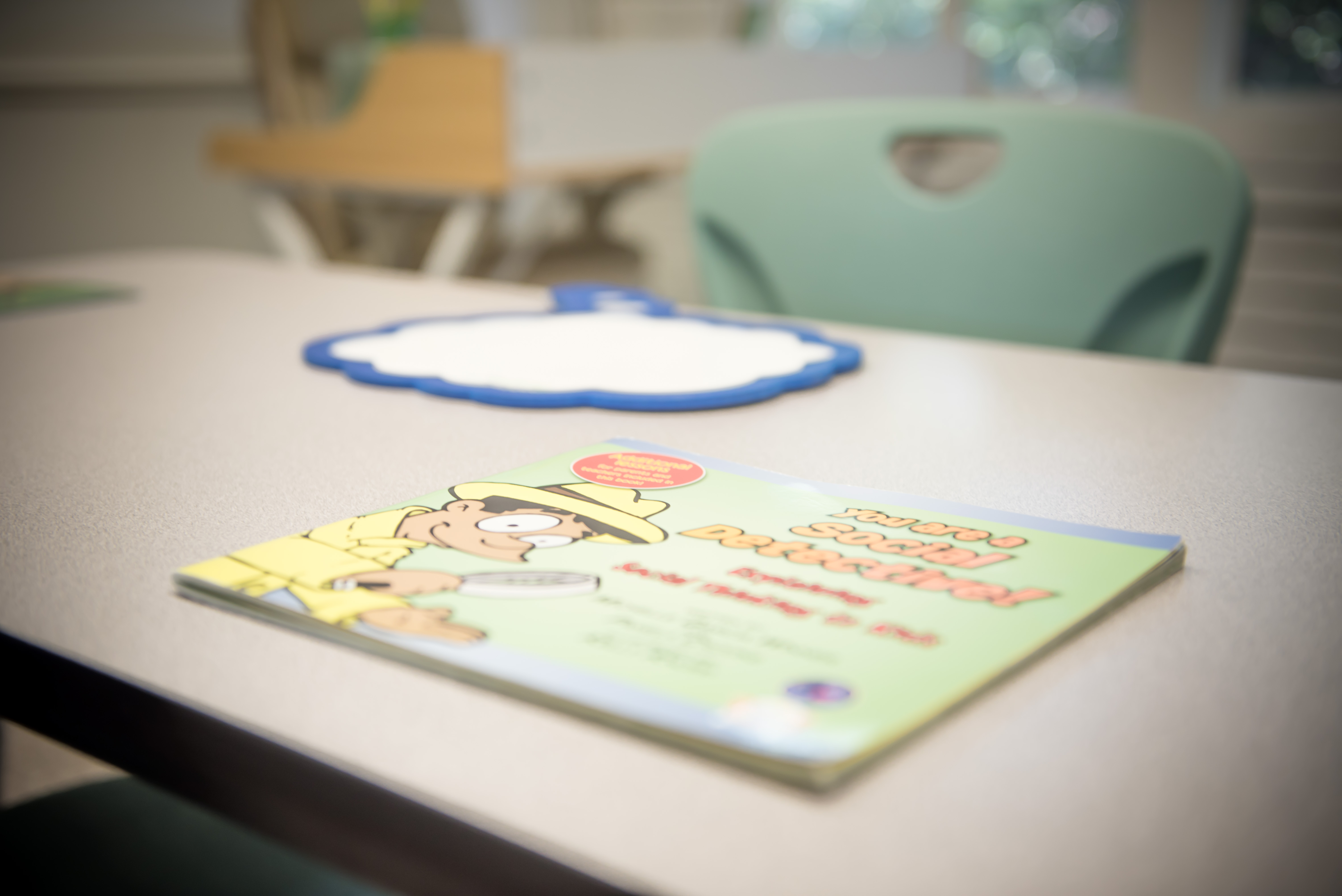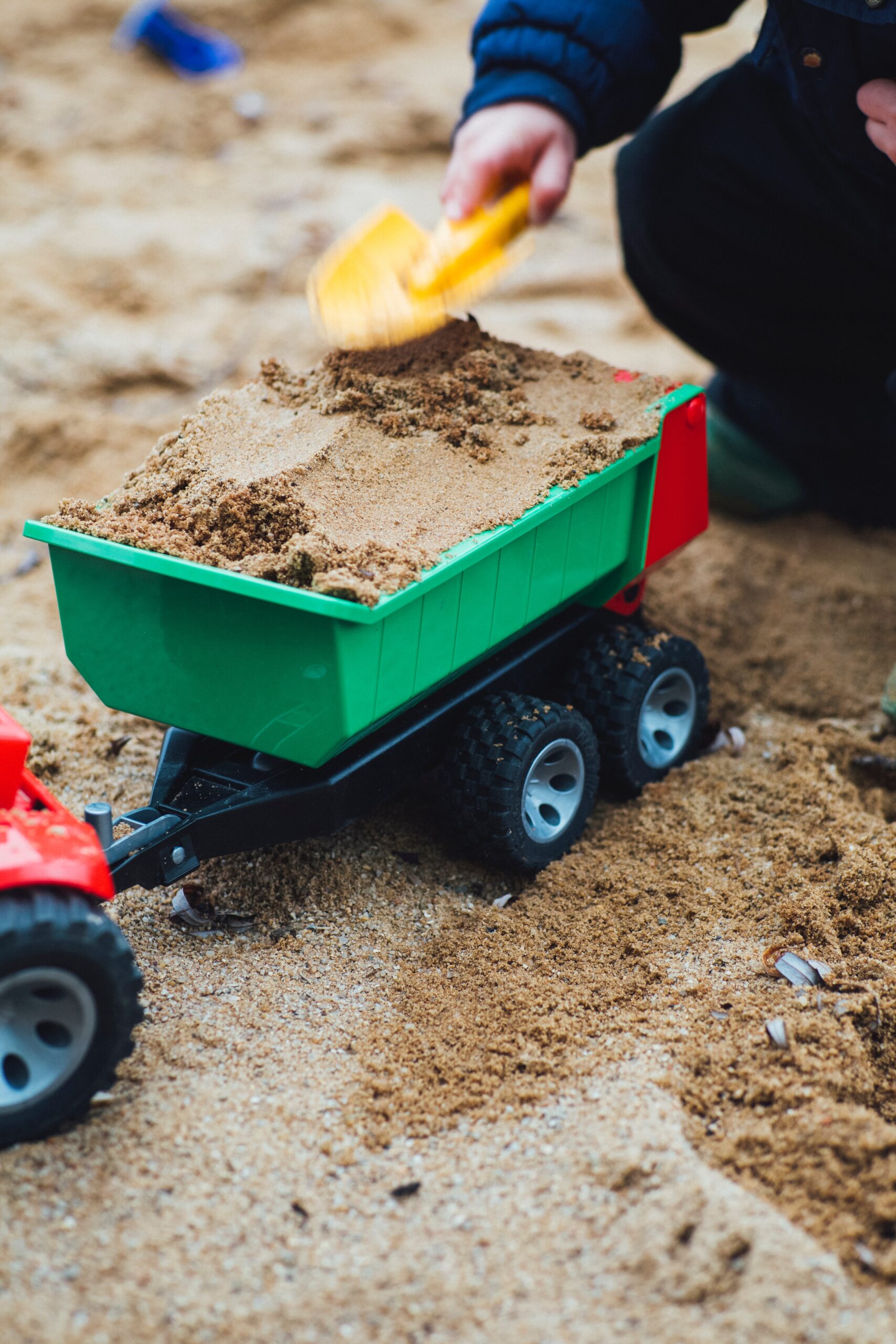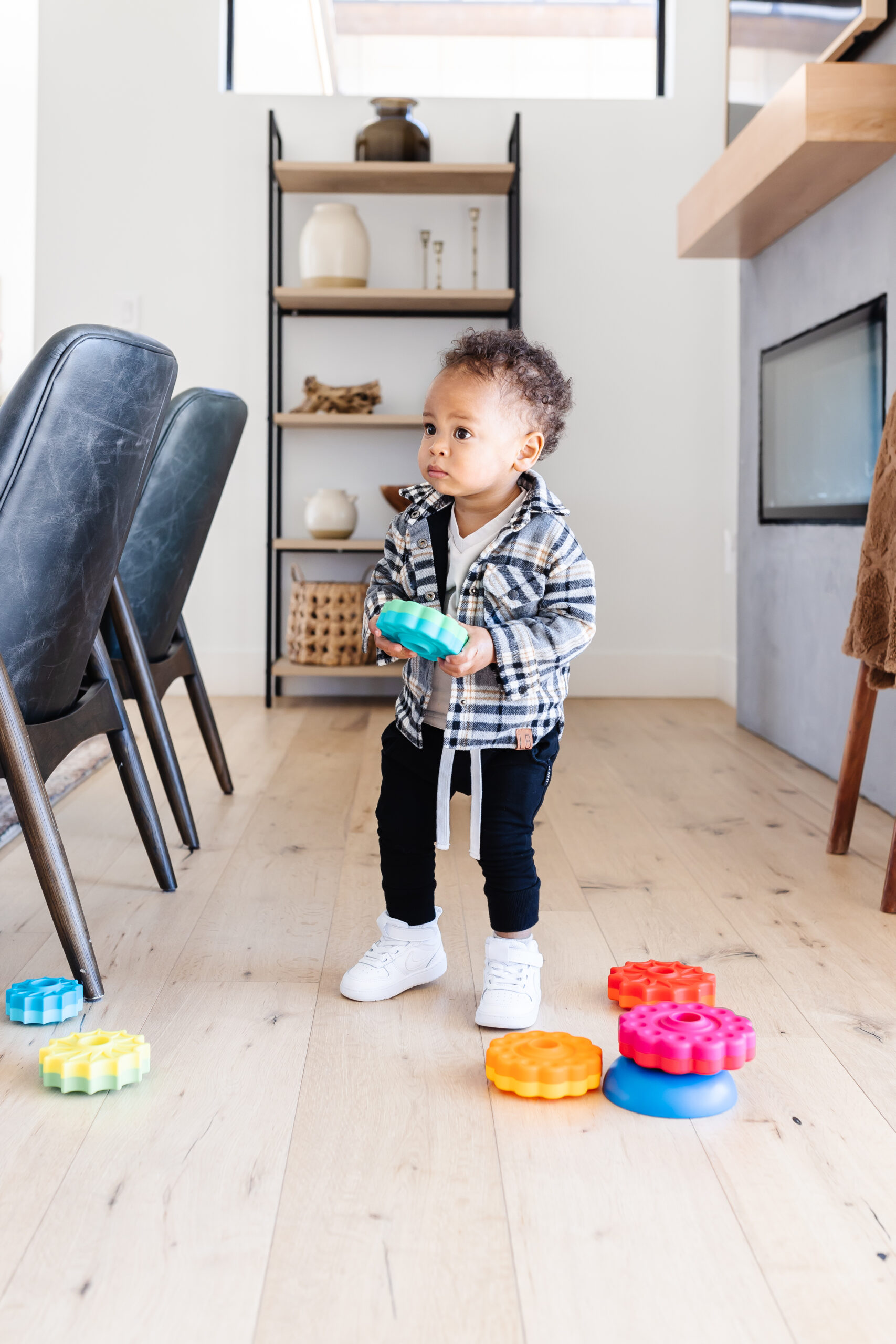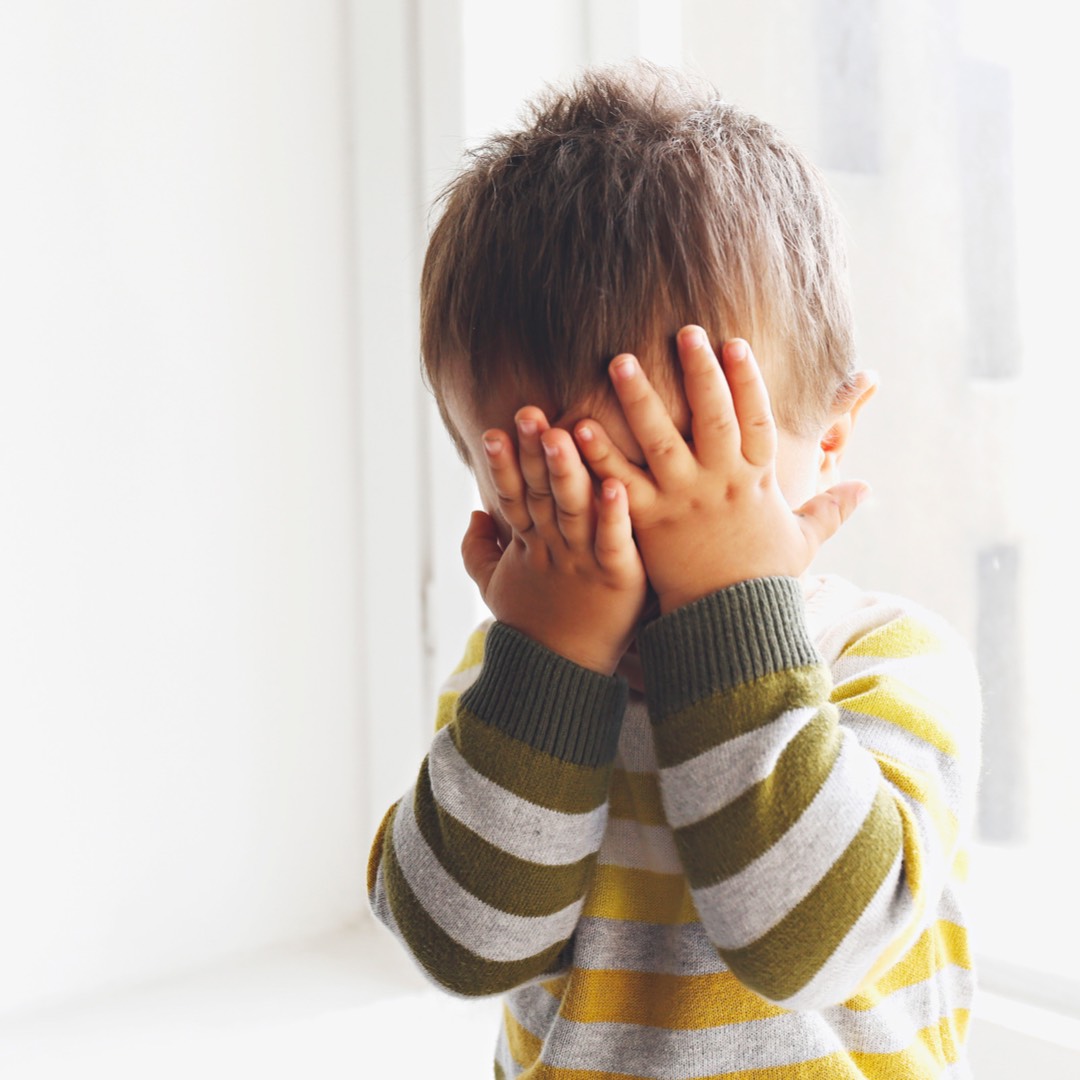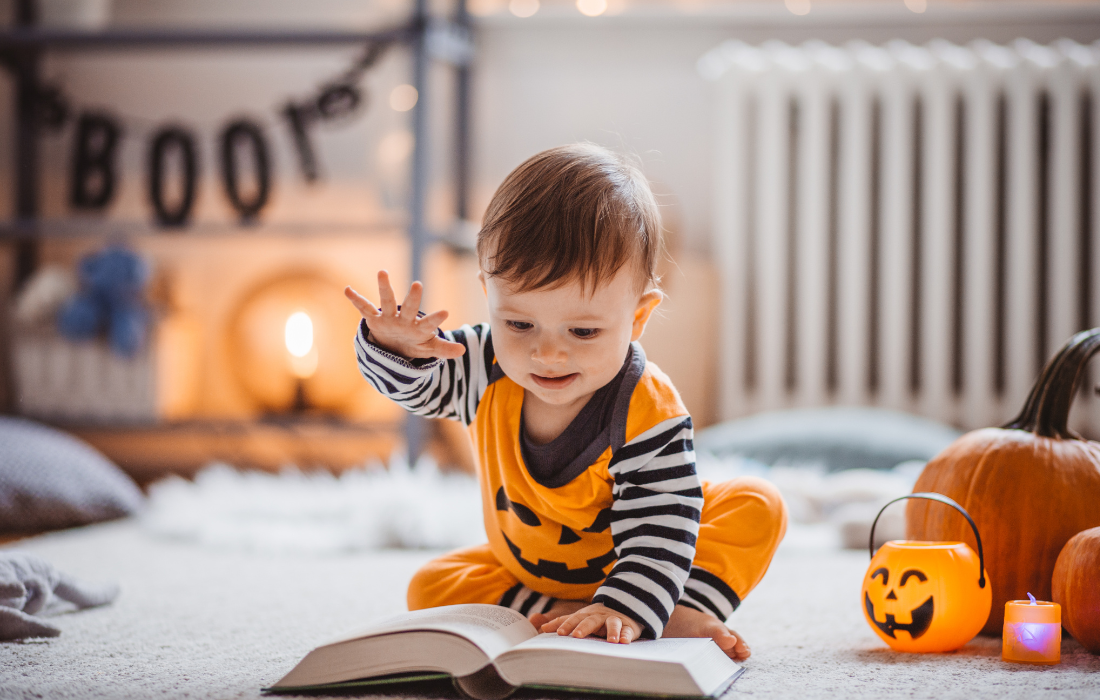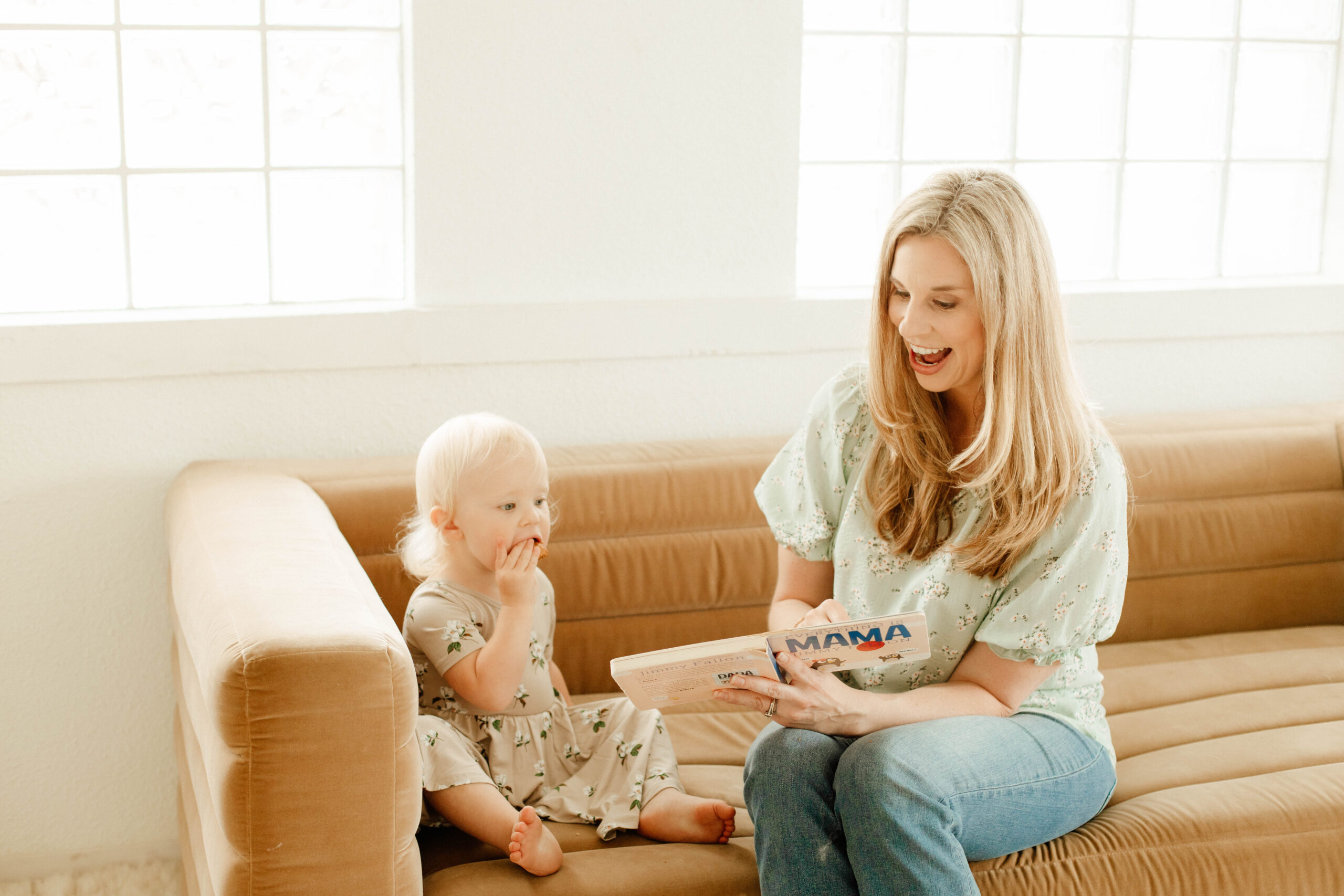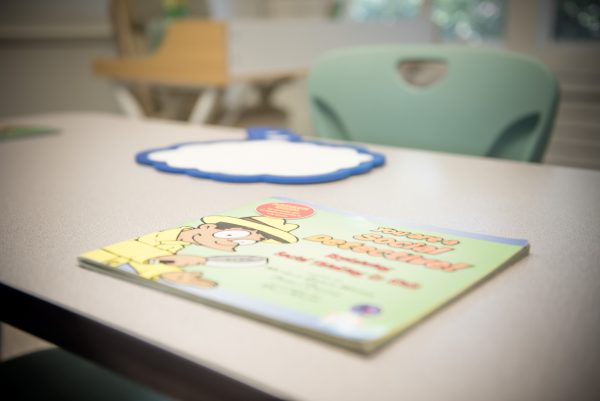
Costco and Social Skills?
Would you believe I have never been to Costco? Maybe it’s because we are a family of two or maybe it’s my love for Trader Joe’s, but I am never buying a single box of toothpaste ever again!
My Costco experience was different from my typical grocery store experience. Walking in, I noticed that the woman in front of me showed a card to a Costco worker at the door. Realizing this was probably the membership card, I asked where I should go to get one.
Not knowing the layout of the store, I paid extra attention to navigating the aisles. After purchasing way too many things, I headed to check out. A friendly man started unloading my groceries for me! I observed the person in front of me and noticed that her cart was on the same side as the cashier, so I set mine there as well. After checking out, the cashier asked me if I wanted a box. I looked slightly confused and he explained that they use boxes instead of bags (smart!) On the way out, I noticed people showing their receipts. I stopped and handed over mine as well.
Although my Costco experience was new, I was able to figure out what to do by taking in the situation, noticing the people around me, and knowing where I was. This is what Michelle Garcia Winner, creator of Social Thinking, calls being a “Social Detective.” Using our “social attention” allows us to attend to the entire situation we are in, including the people, places, objects, and the environment. Using this information, we can modify our own behavior accordingly. If we’re not sure what to do, we can use this information to make a “smart guess.”
Children with social challenges may focus on something specific in the environment instead of the “big picture.” When they are not attending to the people around them, they miss out on opportunities to read the thoughts and feelings of others (perspective taking). They don’t have the information to modify their own behavior (social self-awareness) and they are less aware of how they are perceived by others.
We can help our students with social challenges by teaching them how to become better social observers, or “social detectives,” (Winner, 2008). The Social Detective: curriculum is a wonderful tool for teaching these skills. In the book, children learn how to be “social detectives” and make “smart guesses” using the “clues” (people, place, situation) around them. Becoming a better social observer is the first step in becoming a better social thinker. If we want children to fully understand and participate in social experiences, we may need to teach them how. We can’t expect better social skills until we teach students to be better social thinkers (Crooke, 2017).
Use code Social10 for 10% off SocialThinking products at www.SocialThinking.com
 Brooke Andrews, M.A CCC-SLP is the owner of The Speech Dynamic Social Learning Center in Houston, TX where she provides a variety of social learning classes and experiences . Brooke has presented at various conferences and shares her expertise in her workshops for parents, teachers, and other clinicians.. Her clinical expertise include play-based learning,, social communication, and executive functioning.
Brooke Andrews, M.A CCC-SLP is the owner of The Speech Dynamic Social Learning Center in Houston, TX where she provides a variety of social learning classes and experiences . Brooke has presented at various conferences and shares her expertise in her workshops for parents, teachers, and other clinicians.. Her clinical expertise include play-based learning,, social communication, and executive functioning.
References:
Winner, Garcia, M. “You are a Social Detective. 2008. Social Thinking Publications
